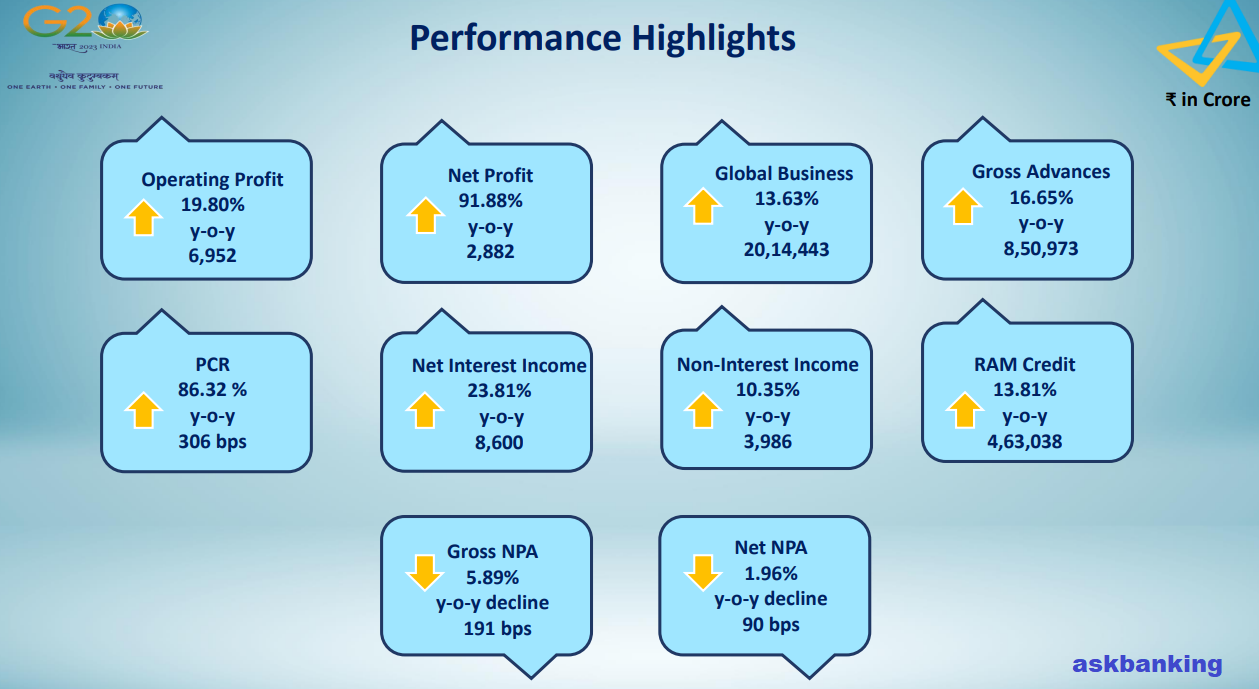What are preferential allotments Share ? – Recently “[highlight]preferential allotments Share[/highlight] ” was very much in news, as Government has planned to infuse Rs 25,000 crore in different public sector bank on preferential basis.Read the story [highlight]here.[/highlight]
What is Share Allotment on Preferential basis ?
In general we define the share allotment on preferential basis when company decided to allot their entire allotment to pre-identified people, who may or may not be existing shareholders of the company, at a pre-determined price.
Read : [highlight]What is Fixed Interest Rate ?[/highlight]
Who are these people who have been allotted the share ?
They are Generally such people who wish to take a strategic stake in the company. For example venture capitalists, existing shareholders like promoters (Government in case of Public Sector Banks or PSU or Government controlled companies) who wish to enhance their stake in the company, financial institutions, buyers of the company’s products or its suppliers.
The major benefit of allotment through preferential basis for any companies is securing the equity participation of those who it feels can be of value as shareholders, but for whom it may be inordinately costly and/or impractical to buy large chunks of shares from the market.
Read : [highlight]How To Calculate Fixed Obligation to Income Ratio (FOIR) in Loans ?[/highlight]
How Does preferential allotment process work ?
Preferential allotments are made by means of a special resolution that’s passed by three-fourths of the shareholders should agree to the issue of shares on a preferential basis. Based on the approval by existing shareholders and the Board of companies incase of Public Sector Bank it is Bank Board.
Market regulator SEBI (Stock Exchange Board of India) under its guidelines, has prescribed a minimum pricing formula, under which the preferential allotment can be made. All the issues related to number of shares to be issued, their pricing, the consideration for issue of shares and the identity and background of the persons or companies to whom the shares are proposed to be issued on a preferential basis are taken upfront.
[box type=”info” align=”aligncenter” ]As per SEBI preferential allotment price are arrived at an average of the highs and lows of the 26 weeks preceding the date on which the board resolves to make the preferential allotment is arrived at and this is the minimum price at which the allotments can be made.[/box]
In case of Takeover it is made mandatory that the 15% and more preferential allotments will necessitate an open offer to the existing shareholders.
Read : [highlight]How To Calculate Debt Service Coverage Ratio (DSCR) ?[/highlight]
What are the misuse of preferential allotments ?
Preferential allotments are sometimes misuse for taking benefit by promoters of company when share markets run under bear phase or loss making scenario.
Such cases , the promoters used this route to make preferential allotments to themselves. Where as in real way if the promoters wish to enhance their stake, they should do it by buying through open markets, which will result in reduction of floating stock and hence an increase in market prices.
Do Sebi guidelines also stipulate a maximum price for preferential allotments? As of now, there is no limit to the maximum price for the preferential allotments.







Leave a Comment